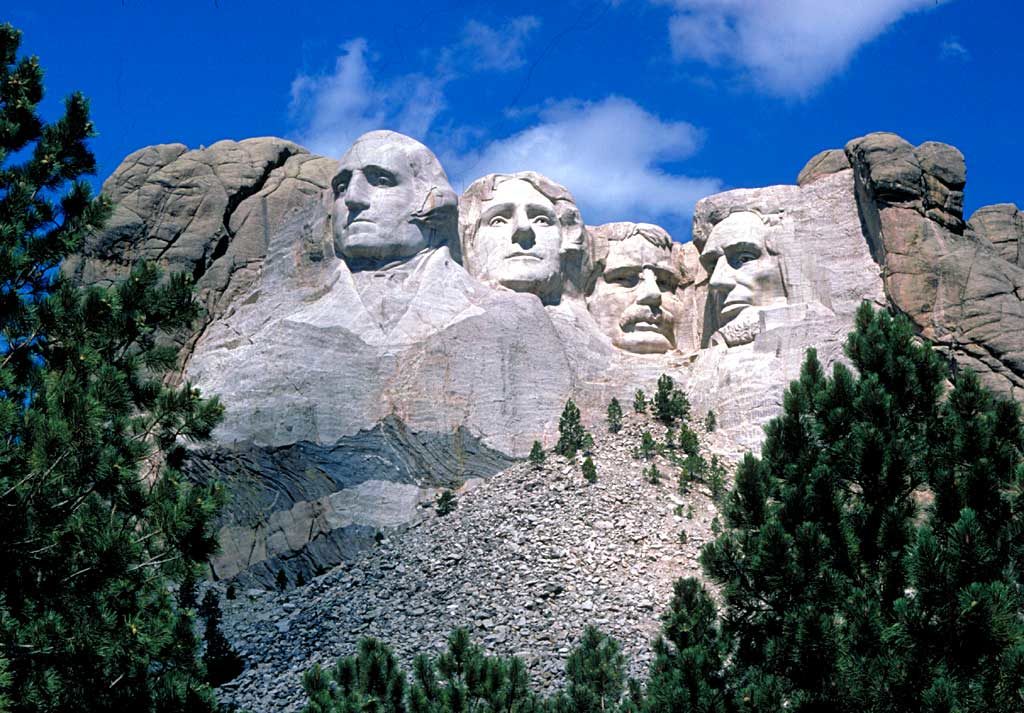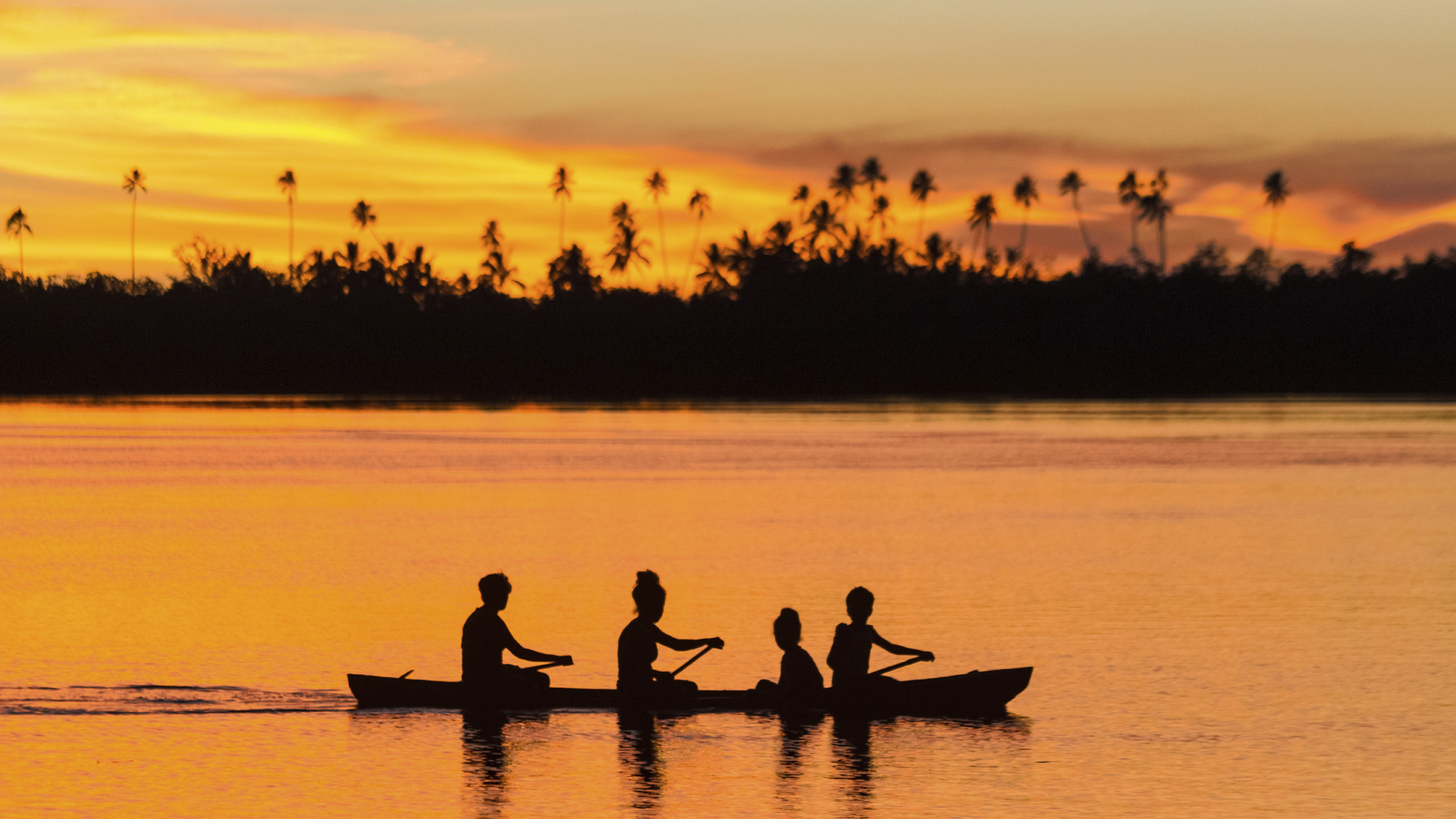Abstracts: National Parks, Sinking Islands, and More
• Ransomware computer viruses are a serious threat to hospitals today – after all, they have their roots in attacks on AIDS researchers in the late 1980s. (The Atlantic)
• How you teach mathematics is much more important than what you teach, and our math education methods are in need of a recalculation. (National Geographic)

The presidents, brought to you by Pepsi? National parks are now seeking corporate sponsors to counter falling funding.
• Your next tour of Yosemite could be soda-sponsored. US national parks are now seeking corporate donors, a decision spurred by $11 billion in backlogged maintenance, slow Congressional funding and a desire to lure in younger and more diverse visitors. (Washington Post)
• Bad news for alien hunters: the star that scientists hypothesized was growing dimmer because of alien structures is probably just dimmer because of old equipment. (Quartz)
• The core of a landfill in Bridgeton, Missouri is burning — and it’s a scientific mystery. How can we put this strange fire out? (FiveThirtyEight)
• The researcher behind the recently-popular concept of “grit” — a combination of perseverance and passion — is concerned that her concept isn’t ready to be introduced to school curriculua. (New York Magazine)
• The first global overview of plant life finds that one-fifth of all plants face extinction — but there are still new species to be discovered. (Scientific American)
• Many media outlets misinterpreted a study’s link between climate change and the sinking of the Solomon Islands, where sea level rise is double the global average. (The Guardian)
• And finally: that taste you think you’re tasting? It’s all in your head. (Lucky Peach)










